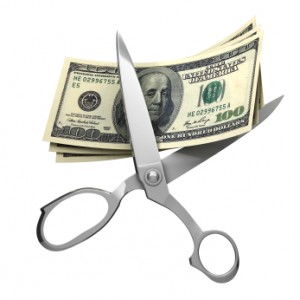 Retirees are facing a double whammy next year: no inflation adjustment in their Social Security benefits and a whopping 52 percent jump in certain Medicare premiums.
Retirees are facing a double whammy next year: no inflation adjustment in their Social Security benefits and a whopping 52 percent jump in certain Medicare premiums.
The Medicare premium hikes will hit only 30 percent of beneficiaries: those who aren’t protected from a “hold-harmless” provision in federal law that prohibits any premium hike that produces a net reduction in Social Security benefits. But the increases suggest strongly that the recent trend of moderate health care inflation is ending.
Social Security Changes
Final figures for 2016 won’t be available until the fall, but the recent annual report of Social Security’s trustees projects that there won’t be any cost-of-living adjustment next year.
The COLA is determined by averaging together third-quarter inflation as measured by the Consumer Price Index for Urban Wage Earners and Clerical Workers. Inflation has been flat due to collapsing oil prices.
The forecast underscores the need for a better gauge of the health care inflation that disproportionately affects seniors.
Advocates have argued for years that an alternative, the Consumer Price Index for the Elderly, would do just that.
If the CPI-E had been in place from 1985 to 2014, Social Security benefits last year would have been 6.5 percent higher than they are today, according to an analysis by J.P. Morgan Asset Management.
The Health Care Front
Health care inflation has been quiet lately — annual growth in total Medicare spending averaged 4.1 percent from 2010 to 2014, compared with 9 percent from 2000 to 2010 — even though the number of enrolled beneficiaries rose.




